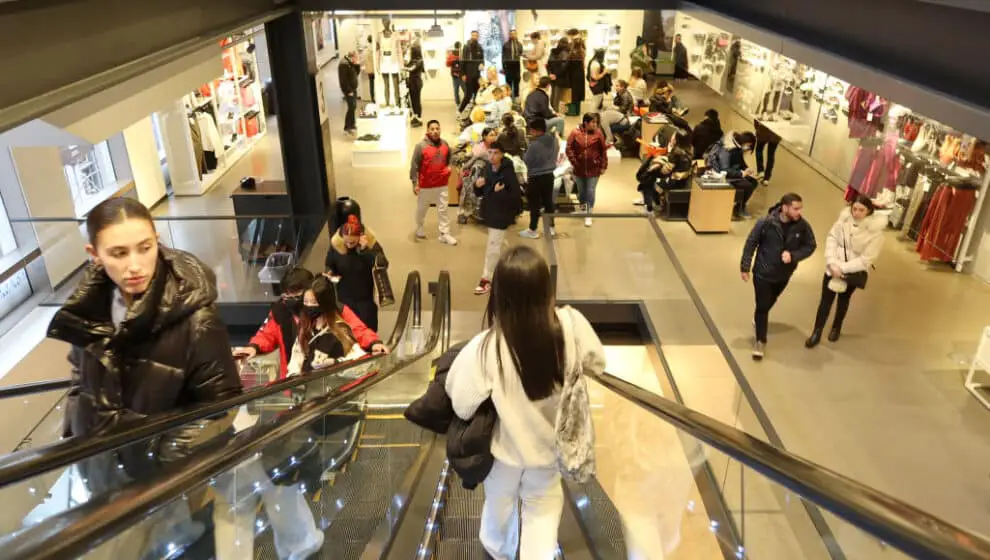For the last two years, economists have been predicting a recession in the U.S., yet their estimates seem to be perpetually six months away.
Key Details
- Consumer spending remains high, and the job market remains favorable, repeatedly pushing back the predicted recession.
- The Federal Reserve has repeatedly raised interest rates in an attempt to curb soaring inflation, but the tight labor market and consumer spending thwart these attempts.
- While prices have continued to rise, more consumers have savings to fall back on.
- Additionally, goods susceptible to high interest rates—such as homes and vehicles—are still affected by supply and labor shortages.
- With these rate-sensitive items in short supply, Americans are instead spending their funds on areas they would typically avoid—live entertainment, dining out, and travel, The Wall Street Journal reports.
Why it’s news
At the beginning of this year, many economists predicted that a recession would occur by midyear. While some still hold to this forecast, many think interest rates will climb much higher, and the economy will take much longer to cool.
It seems that every six months, economists predict a recession will hit in the next six months. However, several factors make determining the actual nature of the economy more complex.
Pandemic lockdowns were largely unprecedented in American life, and their effects are still felt throughout the economy. During 2020, the government kept interest rates at low levels, which resulted in a booming economy and stronger businesses and household financial situations, The Washington Post reports.
While the average American had more savings in their account, businesses could also secure loans at lower interest rates, helping them grow.
At the same time, material shortages have made housing and vehicles more resilient to the current interest rates. In a bid to incentivize buyers, many sellers are using mortgage buydowns and other perks to convince buyers to make a sale final. On the other hand, existing home sales struggle as few homeowners want to give up the low interest rate on their current mortgage.
Typically in times of high interest rates, home builders lay off crews as fewer buyers make purchases. However, home construction companies fell behind when materials were scarce and are currently playing catch-up with the market.
Consumers themselves also play a role in the still-hot economy. Many have continued spending after the pandemic locked most indoors. Consumers are eager to pay for experiences such as travel and in-person restaurant dining.
During a recession, these are the sectors that are frequently hit first, as this is where consumers will often cut back spending initially. Though cutting back on dining out and vacationing is the easiest way for consumers to save money, it looks like Americans aren’t ready to stop spending quite yet.
